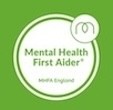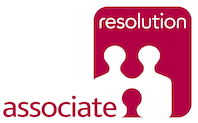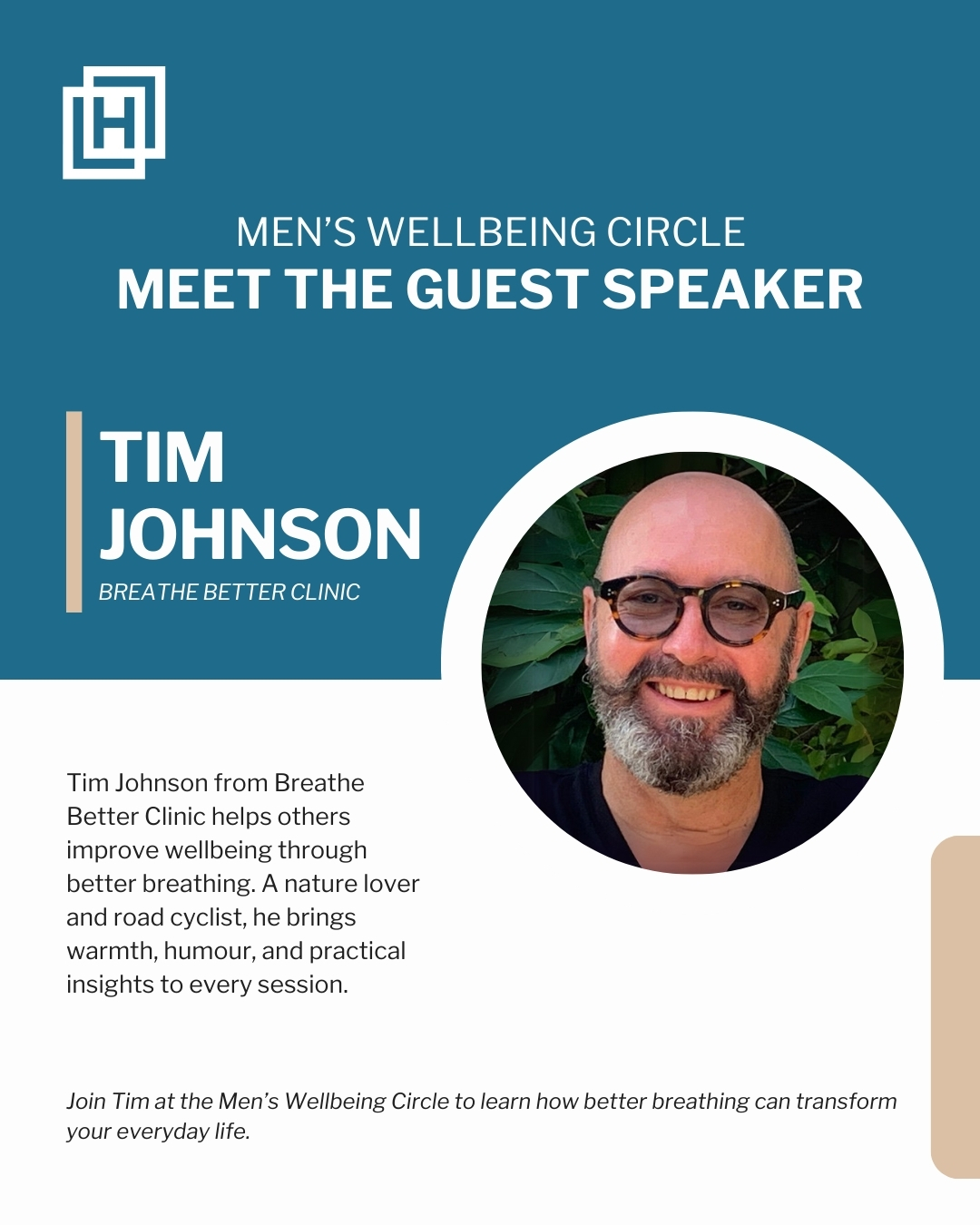Anger is a thinking person’s game
By Mark Alder
When most people hear the word anger, they think of arguments, aggression, and even rage. But what if I told you that anger is actually a thinking person’s game? Yup ~ anger isn’t the problem; it’s simply an opportunity to keep yourself safe, understand your needs, take control of your emotional well-being, and explain your position with assertiveness, kindness and clarity…

Anger management is the ability to sit in the discomfort of our feelings and understand the data, and use it wisely. It isn’t about self-loathing or dogmatic rule following ~ it’s about introducing concepts that can help you live a calmer, more empowered life to build better, healthier relationships.
Start with the most important relationship
The relationship we have with ourselves sets the tone for every other connection. Make yourself a priority. Are you well-nourished? Getting enough rest? Drinking enough water? Have you given yourself enough time, or have you overpromised it to someone else? These basics matter. This isn’t about being selfish ~ this is about self-care. Remember this: we are good enough—not despite our imperfections, but because of them.
Be self-referential and speak in feelings, not accusations
Instead of beginning a sentence with ‘you always…’, ‘why don’t you…’, ‘you never…’ or ‘you make me…’, try swapping them for “I feel…” statements. For example:
- I feel sad when you don’t follow through on a promise.
- I feel hurt when you speak to me in that way.
- I feel angry when you disrespect my time.
This is healthy anger ~ it creates space for others to reflect without feeling blamed or shamed.
Listen with your heart, not your head
When we listen with our heads, we rush to respond, often concentrating on what we’ll say next. When we aren’t really listening, we miss the opportunity to gather data. When we listen with our hearts, we slow down, breathe, and truly hear what’s being said. Our power lies in the space we create between trigger and reaction ~ it gives us time to think and respond with assertiveness, kindness and clarity. Good listeners remember more, good listeners make fewer mistakes, and good listeners are considered wise.
Delete the “Shoulds” from your personal hard drive
“Should” and “shouldn’t’ are authoritarian words ~ they impose control over ourselves and others, and they breed shame and resentment. Most of these “shoulds” aren’t even ours; they’re inherited from outdated concepts on childhood conditioning, Victorian rules and unworkable social expectations. Try replacing “you should” with softer language:
- It would help me if they…
- Are you able to…
- I’d appreciate it if you…
- It may be better if I…
These changes can transform conversations from controlling to collaborative. From resentment and frustration to options and creative opportunities.
Final Thought
These ideas are just a glimpse into anger management and emotional agility. They’re insights ~ not instructions. Anger isn’t your enemy; It’s simply one of our primary feelings ~ loaded with information and designed to protect us and keep us safe. When you understand it, you can use it as a force for connection and growth. Remember: anger is a thinking person’s game ~ and this is only the beginning.
Mark Alder
Guided conversations towards a preferred future:
- Anger & Stress Management Consultancy
- Legally Mandated Client Support
- Personal Development Coaching – ICF Accredited
- Solutions Focused Coaching – ACC Practitioner
- Mental Health England – Certified First Aider
Mobile: +44(0)7780977028
Email: markalder@pm.me
Email: info@markaldercoaching.com
Web: www.markaldercoaching.com
LinkedIn: linkedin.com/in/markaldercoaching
I’m #MadeByDyslexia – expect big thinking and small typos










